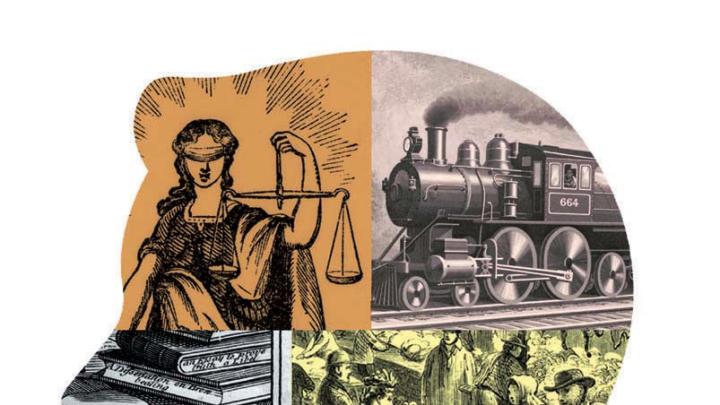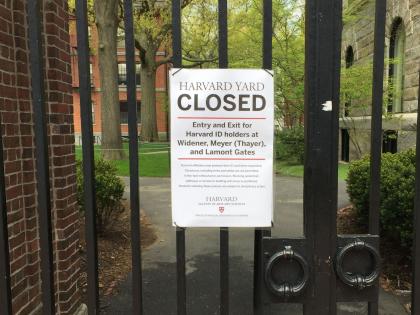Drawing upon economics and psychology, professor of human evolutionary biology Joseph Henrich, chair of the same department, sweepingly explains how “the products of cumulative cultural evolution—our complex technologies, languages, and institutions—have driven our genetic evolution, shaping not only our digestive systems, teeth, feet, and shoulders but also our brains and psychology.” In other words, what we are acculturated to perceive, and how, imprints what is inside our skulls and how the gray matter functions, among other revelations. In The WEIRDest People in the World: How the West Became Psychologically Peculiar and Particularly Prosperous (Farrar, Straus & Giroux, $35), he melds multiple disciplines to reinterpret the distinctive psychology of the human West, in light of historical changes in kinship relations, the evolution of faiths, and more. From the first chapter:
Who are you?
Perhaps you are WEIRD, raised in a society that is Western, Educated, Industrialized, Rich, and Democratic. If so, you’re likely rather psychologically peculiar. Unlike much of the rest of the world today, and most people who have ever lived, we WEIRD people are highly individualistic, self-obsessed, control-oriented, nonconformist, and analytical. We focus on ourselves…over our relationships and social roles. We aim to be “ourselves” across contexts and see inconsistencies in others as hypocrisy rather than flexibility.…We see ourselves as unique beings, not as nodes in a social network that stretches out through space and back in time. When acting, we prefer a sense of control and the feeling of making our own choices.
When reasoning, WEIRD people tend to look for universal categories and rules with which to organize the world, and mentally project straight lines to understand patterns and anticipate trends. We simplify complex phenomena by breaking them down into discrete constituents and assigning properties or abstract categories to these components….We often miss the relationships between the parts or the similarities between phenomena that don’t nicely fit into our categories. That is, we know a lot about individual trees but often miss the forest.
WEIRD people are also particularly patient and often hardworking. Through potent self-regulation, we can defer gratification…well into the future….In fact, WEIRD people sometimes take pleasure in hard work and find the experience purifying.
…WEIRD people show relatively less favoritism toward our friends, families, co-ethnics, and local communities than other populations do. We think nepotism is wrong, and fetishize abstract principles over context, practicality, relationships, and expediency.…
The questions I hope to answer…are: How did WEIRD populations become so psychologically peculiar? Why are they different?








